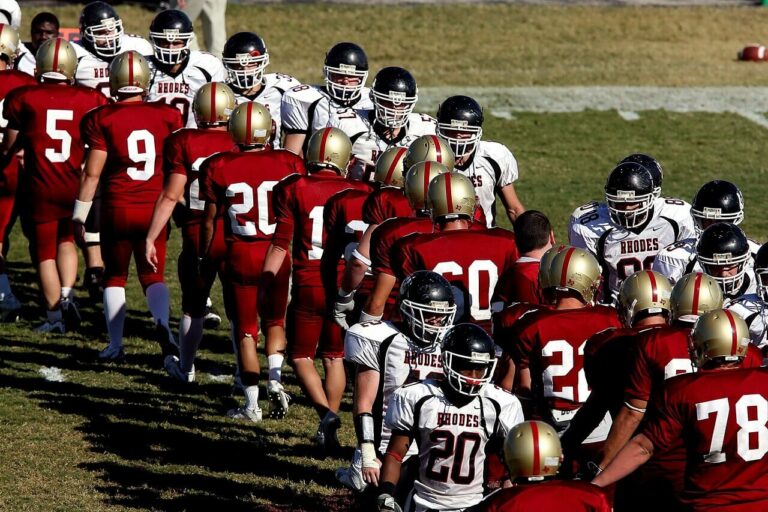
Most pro sports leagues in the U.S. are returning to action this month, albeit in altered, truncated form, but it remains unclear when college sports will make their return in the wake of the coronavirus.
This much is certain, though: Some very powerful people are working on both sides in what amounts to a tug-of-war over the right to legally bet on collegiate athletics.
One of them is American Gaming Association CEO Bill Miller. Miller testified in support of regulated college sports betting at Wednesday’s U.S. Senate Judiciary Committee hearing titled “Protecting the Integrity of College Sports.”
Miller, while saying regulation would ensure the integrity of college sports, made sure to stress that the AGA opposes any “additional federal regulatory framework” for sports betting. He said that should continue to be handled by the tribal casinos and states.
‘Out Of The Shadows’
Nearly two-dozen states have legalized sports betting since a 2018 U.S. Supreme Court ruling paved the way for legalization outside Nevada. Most of them allow for betting on college sports, but a handful ban betting on in-state events and games involving in-state universities and colleges.
Miller cited a 2018 AGA report that noted prior to widespread sports betting legalization, betting on college athletics was a $150 billion-a-year industry that was almost exclusively illegal.
“Billions of dollars are wagered annually on events like March Madness and the College Football Playoff, and this activity didn’t begin with the invalidation of PASPA,” Miller said, referring to the 1992 law the U.S. Supreme Court ruled unconstitutional.
“Any effort to ban legal wagering on college athletics simply ignores the immutable fact that there remains significant demand for betting on college sports.”
Miller also offered a rebuke of University of Pittsburgh Athletic Director Heather Lyke, who testified that the ACC unanimously opposed legalized betting on college sports due to concern for the athletes.
“We believe [concerns for student athletes] to be the most compelling reason to bring this activity out of the shadows, and under the protection of the 4,000 dedicated gaming regulators across the country.”
Miller agreed that fears over players being corrupted by sports betting were valid, and thus a reason to legitimize it.
“Nobody has a greater vested interest in avoiding scandal than legal gaming operators. In fact, licensed sportsbooks in Nevada have historically been the first to uncover match fixing, identifying irregular betting patterns and alerting regulators,” Miller said.
Bettors Increasingly Prefer Regulation Instead Of Bookies
Miller also cited a recent AGA study that found 74% of sports bettors find it important to bet only through legal sportsbooks, but more than half (55%) placed bets on offshore books thinking it was legal.
That same report indicated that spending with illegal bookies fell by 25 percent in states that offered legal sports betting. The factors in change were “confidence bets would be paid out” (25%) and “awareness of legal options” (20%).
With that report in mind, Miller called for a “coordinated crackdown” on illegal offshore books in the U.S.
What Is The NCAA’s Long-Term Sports Betting Plan?
The hearing comes at an intriguing time for college sports. Regulated sports betting might seem appealing on the surface to the NCAA, given the economic circumstances caused by the pandemic.
The substantial windfall that it would receive in coming years from sports betting would potentially offset the financial damage caused by a delayed or canceled fall sports season.
What’s more, the NCAA is losing the public perception battle surrounding its long-held claims of amateurism. Power 5 athletic directors and commissioners appear hell bent on fighting against health warnings in the name of an on-time college football season.
However, the NCAA has already partially lost the name, image and likeness (NIL) battle. If it were to concede on regulated sports betting, compensating the players becomes a fait accompli – and that’s where the buck stops.





